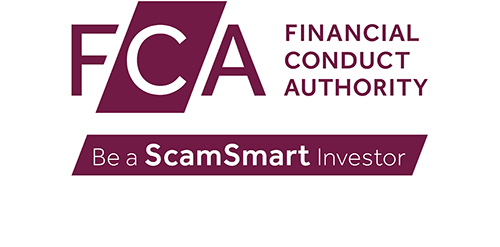Back to Top ↑



*Source: City of London Police

Though the contact methods used by fraudsters may vary, their tactics remain the same. Be vigilant when making investment decisions and look out for these warning signs.


They might tell you other people are interested or have already invested. They may also share fake reviews.

Offers of a bonus or discount if you invest before a set date, or suggestions that the opportunity is only available for a short period.

Sometimes fraudsters have convincing websites and literature. They might speak with authority on investment products or claim to be regulated.

Building a friendship with you to lull you into a false sense of security.

Tempting returns that sound too good to be true… probably are.

Beware of unsolicited calls offering ‘free’ pension reviews or access to your pension before age 55, pressure to act quickly or promises of unreasonably high returns.
During the heightened investment activity from January to March, exercise extra caution as scammers often exploit the increased interest by launching fake promotions, impersonating legitimate entities, and employing high-pressure tactics.

Scammers usually cold call, but contact can also come by email, post or word of mouth. If you’ve been offered an investment out of the blue, chances are it’s a high-risk investment or a scam.

Use the FCA Warning List to check the risks of a potential investment – you can also search to see if the firm is known to be operating without our authorisation. To check, go to: www.fca.org.uk/scamsmart

Get impartial advice before investing. Don’t use an adviser from the firm that contacted you.

Never reveal your passwords or reset them at the request of someone who’s contacted you. If asked by an unsolicited email, always check the sender’s address.
Suspect a scam? Call Action Fraud: 0300 123 2040 or the Financial Conduct Authority: 0800 111 6768
For more information about this campaign, and to access the wealth of resources and information on how to spot and report a scam, go to the FCA website.